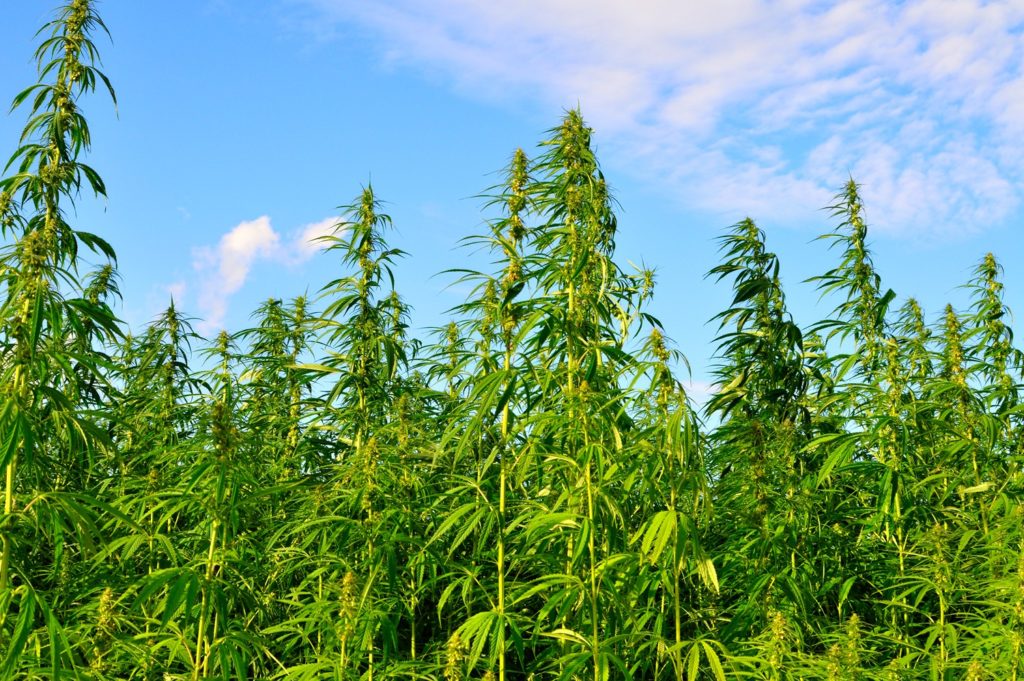
Food and beverage manufacturers are no strangers to the struggles of producing products that ensure profitability while maintaining food safety and compliance. Between GMP standards, HACCP principles and SQF certifications, being able to produce products that adhere to demanding federal and state compliance regulations is no easy task.
But what happens when food and beverage manufacturers shift their operations to include CBD-infused products? Apart from needing to adapt inventory management, production, distribution and supply chain processes, food and beverage manufacturers must also ensure their new products meet the strict and often-convoluted legal requirements around CBD in the U.S.
Here’s a run-through of the current state of cannabis legalization in the U.S. and what it means for food and beverage manufacturers looking to break into the CBD-infused market.
The Issue of Compliance
The fight for the legalization of cannabis across the U.S. has resulted in an abundance of federal and state-specific laws that are extremely difficult to navigate.
Currently, the federal government recognizes two forms of the Cannabis sativa plant: hemp and marijuana. Hemp contains high levels of CBD, the compound known for its medical properties, and only traces of THC, the psychoactive component that gives users a “high.” Alternatively, marijuana can contain levels of THC that are upwards of 30% and levels of CBD that are on average less than 0.2%.
In 2018, the Agriculture Improvement Act of 2018 (also known as the Farm Bill) legalized CBD that is derived from hemp and contains no more than 0.3% THC. The federal government still considers CBD that comes from the marijuana plant illegal under the Controlled Substances Act, since the Drug Enforcement Agency (DEA) considers marijuana a Schedule I controlled substance.
Also under this bill are regulations specific to hemp farmers, which allow any cannabinoid derived from hemp to be legal, if that hemp is produced in accordance with the Farm Bill, associated federal and state regulations and by a licensed grower.
Additionally, the U.S. Food and Drug Administration (FDA) has current authority to regulate products containing cannabis or cannabis-derived compounds because the FDA considers CBD a drug ingredient, which means it cannot be marketed and sold for its therapeutic properties. As such, a CBD-infused product cannot be sold or shipped across state lines without going through the FDA’s drug approval process, regardless of whether it is derived from hemp. As of October 1, 2020, the FDA has not approved any CBD products currently available on the market.
But there’s more: Although hemp-derived CBD is now federally legal, some states have aligned themselves with the FDA’s position that CBD cannot be used in food, beverages or dietary supplements, while other states have taken a more permissive approach. The National Conference of State Legislatures maintains a database that makes it easier to determine current hemp regulations on a state-by-state basis.
One Solution for Food and Cannabis
So, how do leading food and beverage manufacturers looking to produce CBD-infused products keep these laws and regulations straight? The answer is by relying on enterprise software to support compliance reporting requirements, trace ingredients from seed through to sale and make executing product recalls more efficient.
FoodBusiness ERP is designed by food and technology experts and offers out-of-the-box functionality built specifically for food and beverage manufacturers. Our experts have years of experience in both the food and cannabis industries and understand how the two merge in CBD-infused manufacturing.
By relying on a comprehensive software solution built for food and cannabis to run your business, you gain end-to-end visibility into your operations, providing you with the control and insight needed to ensure compliance and profitability.
To learn more about how FoodBusiness ERP can help your food and beverage business navigate the CBD market, reach out to us. We’d love to chat.

